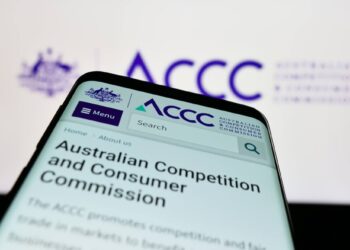Employers should review their superannuation compliance and fix any possible errors before a 12-month amnesty to make voluntary Superannuation Guarantee Charge (SGC) disclosures finishes, according to KPMG.
The Government has introduced a bill which would grant an amnesty period for employers who would choose to correct their mistakes with regards to paying the SGC.
If enacted, the amnesty would be available until 23 May, 2019.
According to KPMG, the benefit for the employer and employee under the amnesty would be:
- The $20 administration fee that would be waived,
- The SGC amount would be tax deductible for the employer,
- A separate penalty equal to 200 per cent of the SGC amount to be waived for the employer,
- The SGC amount would be automatically excluded from the calculation of the employee’s concessional contributions caps,
- The SGC amount would be automatically excluded from the calculation of the employee’s “low tax contributed amounts” for purposes of additional tax under Div293, potentially avoiding an additional 15 per cent tax liability for the employee.
KPMG said that employers who previously made an SGC disclosure, and who would come forward with a new SGC shortfall amount, would still benefit under amnesty.
However, once the amnesty finished, standard SG shortfall processes would apply and the employers would face additional costs and penalties for failing to comply with their obligations.
Also, KPMG’s report found that one of the common errors identified in the superannuation reviews was that not all wage types were included when calculating superannuation, with most often certain allowances and one-off payments being incorrectly flagged as not subject to superannuation.




